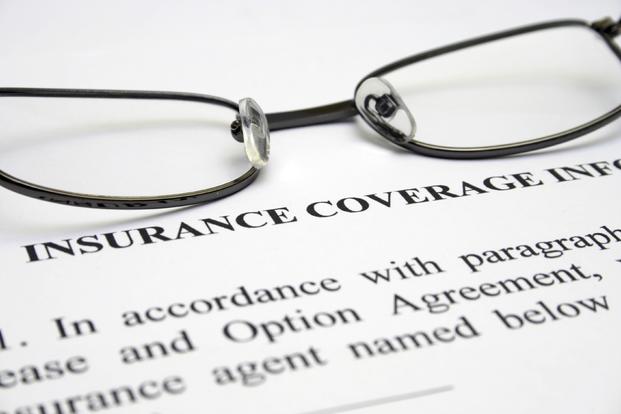Here are eight factors to consider when it comes to your property and liability insurance:
1. Not being prepared for your deductible. I recognize that insurance is not a fun place to spend money. However, don’t cut corners in a way that puts you in jeopardy. One of the primary levers you can use to reduce the premium of any insurance is the deductible, the amount of money you pay before the insurance kicks in. Raising deductibles can make sense, but you need to be able to pay the deductible. In other words, you should have at least that much money stashed in savings.
2. Ensure your property damage coverage is adequate. If you’re like me in my pre-USAA days, you could be fearlessly navigating the road under the mistaken belief that your “full coverage” auto insurance – comprehensive, collision and state-mandated liability coverage – was all you needed. What I didn’t understand is that I was woefully underinsured if something bad happened. For example, my property damage coverage protected me in the event I was liable for damage to other people’s stuff. However, $10,000 of coverage wouldn’t go far if I broke something more expensive…like just about any car on the road! And I would have been on the hook for any damage I did above and beyond that $10K limit. The good news is that neither property damage or bodily injury liability coverage is very expensive. It’s easy to check out your coverage and effect of potential changes on usaa.com or talk to your agent to learn more.
3. There are limits on certain personal property coverage. Take a quick glance at your homeowners insurance policy and you’ll probably see you have tens if not hundreds of thousands of personal property coverage. However, don’t stop there. Dig into the details. You may find that you have caps on how much the policy will pay for losses of certain types of property that could leave you in the cold if the worst happens. For example, a standard policy might limit replacement of cash to $200, jewelry to $1,500 and china, silverware and the like to $2,500. A special Valuable Personal Property policy or endorsement to your homeowners policy might be required to give you the coverage you need.
4. Knowing what’s covered and what’s not. Read the fine print. Today’s expensive phones are a great example of the type of item that may not be covered – or may be specifically excluded – by your particular policy.
5. Dwelling coverage doesn’t equal market value. Sticking with homeowners, it’s important to remember that the market value of your home is not necessarily a good guide for an appropriate amount of dwelling coverage. Insurance companies have a vested interest in making sure you have adequate coverage to rebuild your home in the event of a catastrophe and that’s why they spend a lot of time asking you about the type of appliances, flooring and fixtures you’ve got. Rebuild cost, not market value should be the guiding light in determining dwelling coverage.
6. Don’t count on your landlord for renters coverage. A couple of years ago there was a lot of hoopla when companies that provided privatized housing on military installations dropped renters insurance as part of the contract. Most landlords don’t offer it and most renters across the country don’t have the coverage. It can provide valuable protection for your personal property for a few bucks a month. Don’t skip it.
7. The “right” amount of liability insurance changes over time. Liability coverage is normally part of your homeowners/renters and auto policies. If you need additional coverage, you can purchase an umbrella policy. As you make more money and accumulate more assets your liability coverage should increase. You’ve got more to protect and your coverage should reflect the same.
8. Failing to Inventory. Your policy will pay to replace or value of your property, but you need to know and be able to document what you have. Make a list of your property and back it up with a video inventory. If something bad happens your groundwork will eliminate one potential headache. I’m going through our house this weekend.
Don’t neglect your financial foundation.




